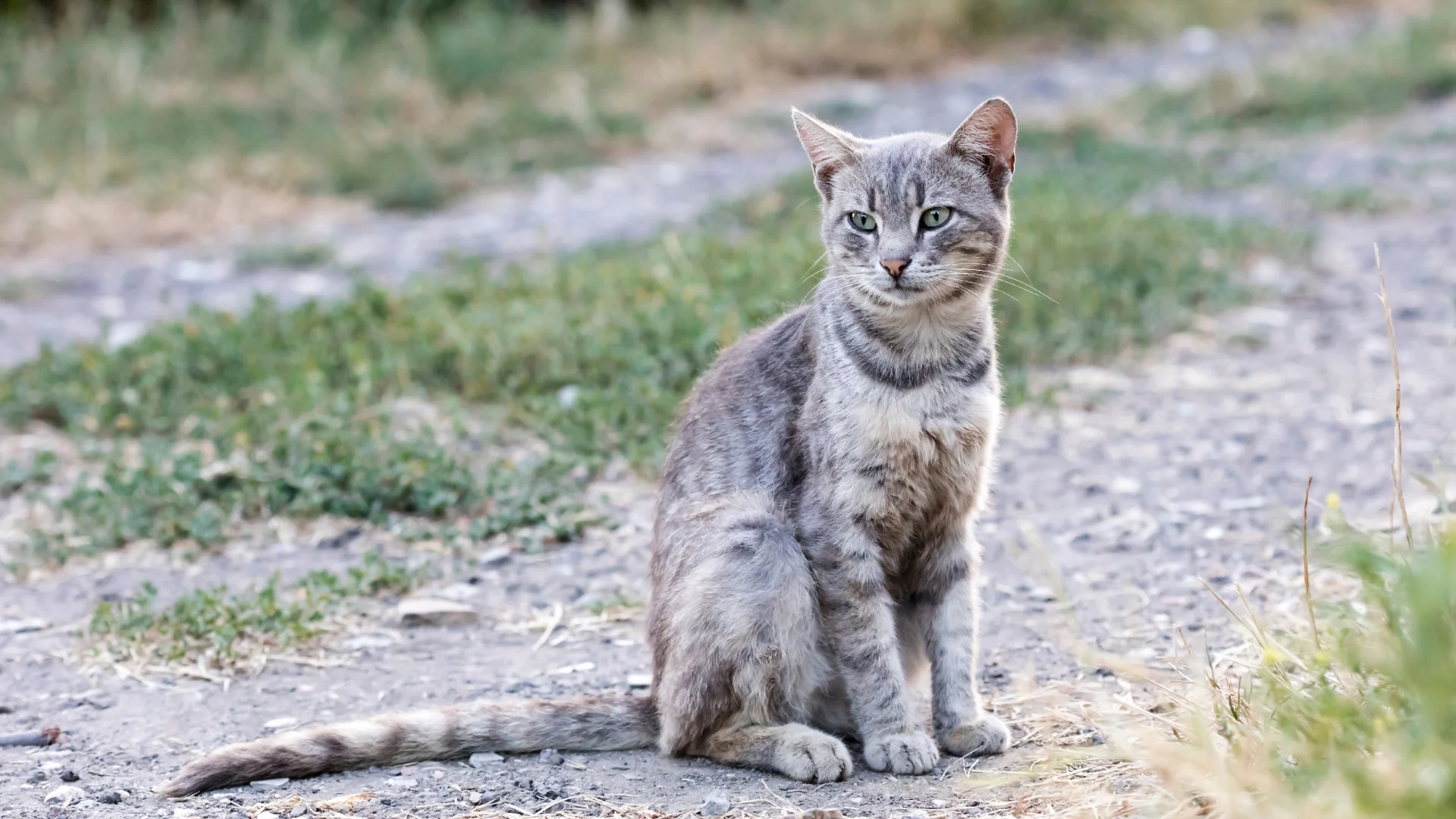
Officials scramble to prevent rare rabies strain from 'snowballing'
It's unclear how the kitten became infected.
A kitten’s unexpected appearance on a doorstep in Nebraska has sparked a widespread operation in Douglas County, according to The Nebraska Examiner.
The stray kitten, taken in by a local family, was later found to be infected with a rare rabies strain that officials claim has never been seen in the county.
In response to the news, Douglas County Health officials have launched containment efforts involving state and federal teams.
At a news conference held on Monday, officials detailed their plans to trap, test, and vaccinate raccoons in a specific area.
Typically associated with raccoons
The rabies variant discovered in the kitten is typically associated with raccoons in the southeastern United States, as much as 1,000 km from Nebraska, depending on the state.
Nebraska officials plan to vaccinate approximately 1,000 raccoons.
“The goal is to prevent this raccoon variant of rabies from establishing itself here in our area. This would cause a substantial impact if it happened and put many people in danger,” County Health Director Lindsay Huse told reporters.
While the virus isn’t significantly different from other rabies strains, the high prevalence of raccoons in Nebraska, often coming into contact with domestic animals and pets, raises concern.
“It’s just something that can snowball very quickly,” Huse said.
“The goal is to prevent this raccoon rabies variant from establishing itself here in our area. This would cause a substantial impact if it happened and put many people in danger.”
Story surrounding kitten unclear
The Nebraska Examiner reports that a family took in the infected kitten and then passed it along to another family, which brought it to a vet after it began exhibiting strange behaviour, including aggression.
Test results conducted by the Centers for Disease Control and Prevention (CDC) confirmed the presence of the raccoon rabies variant, with Douglas County officials being notified on October 6.
It marks the first time in over two decades that a cat in the area has tested positive for rabies, with more common cases involving rabies detected in bats.
What is rabies?
Rabies is a viral disease that can infect most mammals, usually transmitted through the bite of a rabid animal. It infects the central nervous system; when left untreated, the death rate is nearly 100 percent.
Symptoms include:
Fever
Muscle pain
Weakness
Confusion
Headache
Rabid animals usually act aggressively, may be foaming at the mouth, and display little fear of humans.
Rabies in Canada
So far, in 2023, officials have logged 97 cases of rabies in Canada, all in animals. Bats comprised the bulk of the rabies cases at 65, followed by 11 skunks.
Rabies protection
The best way to protect pets against rabies is to keep them up-to-date on rabies vaccinations.
Avoid contact with wild animals and supervise pets when outside. If you or a pet is bitten by an animal that may be infected, promptly wash the wound with soap and water and consult a medical professional immediately.
Humans exposed to rabies can be treated with immune globulin and four doses of a rabies vaccine over two weeks, provided treatment starts as soon as possible.
Header image: File photo for illustration purposes only. Courtesy of Canva Pro.











